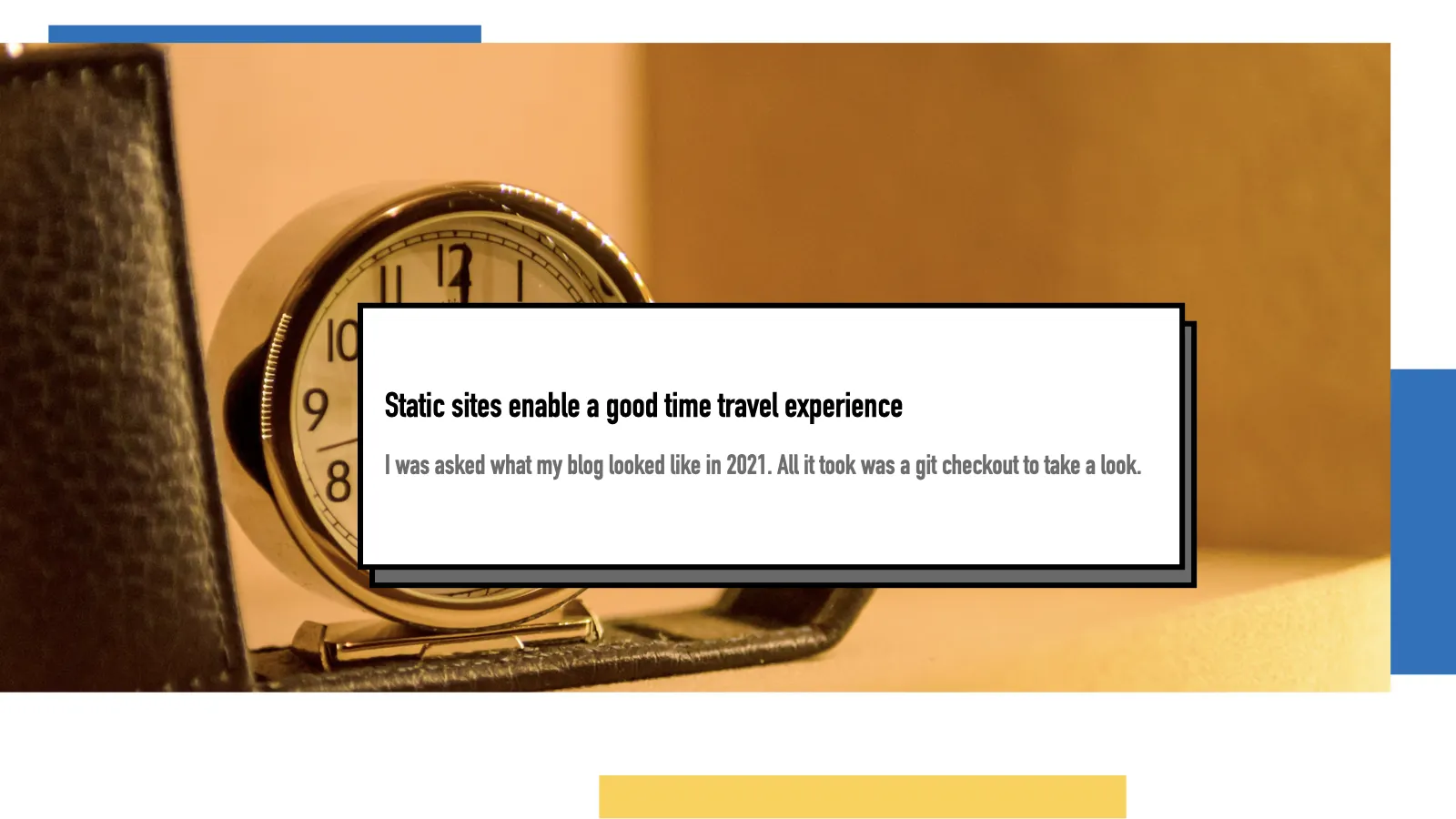Today, I updated this site to support IndieWeb’s h-card microformats. This involved adding semantic HTML classes like h-card, p-name, u-photo, and u-url to my author profile and homepage templates. End users won’t notice a thing, but these changes make a big difference for interoperability and discoverability on the open web (while it still exists).

h-card is a simple, open format for publishing people and organisations on the web. h-card is often used on home pages and individual blog posts. h-card is one of several open microformat draft standards suitable for embedding data in HTML.
h-cards are a standardized way to mark up personal information—name, photo, links—so that other websites, tools, and services can easily recognize and parse it. By supporting h-cards, my site will become more compatible with IndieWeb tools like webmentions, webrings, social readers, and identity aggregators. It’s a small but important step toward a more open, connected, and user-centric web, where people—not platforms—own their online presence.
Oh, and that’s definitely something we should try to extract and make available within Feedle as well.
If you’re building a personal site, I highly recommend adding h-card microformats. They’re simple to implement and help your site “speak” the language of the independent web.
Have something to say? Join the discussion below 👇
Want to explore instead? Fly with the time capsule 🛸
You may also find these interesting
Static Sites Enable a Good Time Travel Experience
With static sites and git, you don’t have to pray to the SaaS gods or dig through some arcane database.
From Outbound to Inbound and Back Again: The Hidden Power of RSS Feeds
Or how we accidentally built a content train station where stories find their way to people who never knew they needed them
How to Fix That Ghost Email Configuration Once and for All
Sometimes, the simple solution has been there all along. It takes you a minute to implement it and an eternity of scratching your head and looking in the wrong direction.
Feedle Reached the Front Page of Hacker News!
Addressing some of people’s most common questions to us.
Thank You for Unsubscribing
I am not writing with an audience in mind, but for myself . In the end, it is better for everyone.




